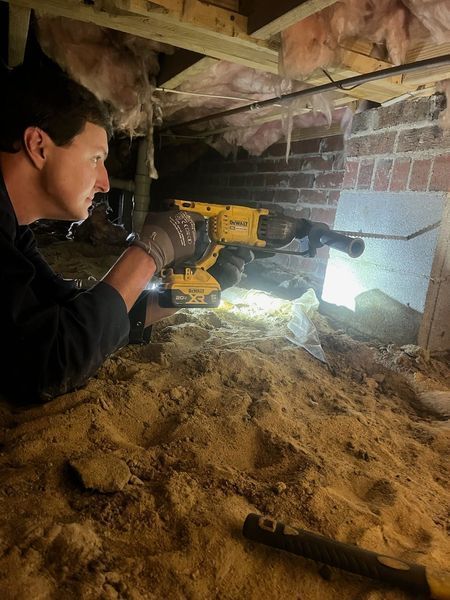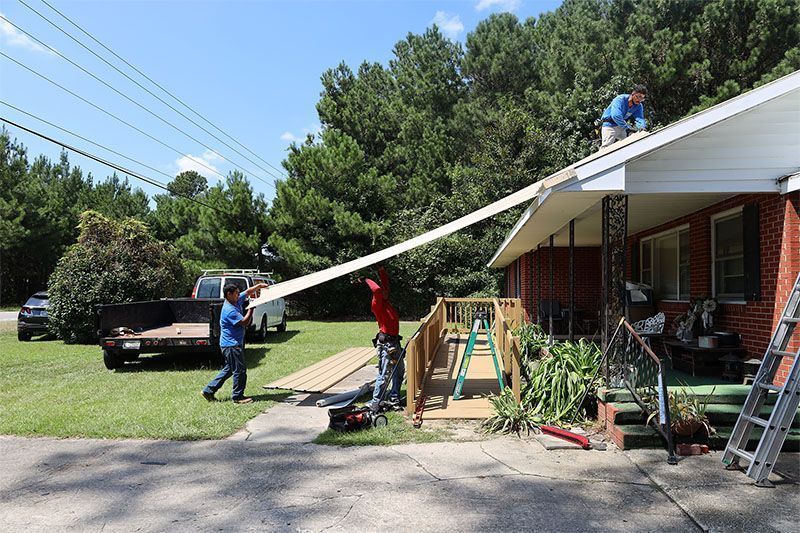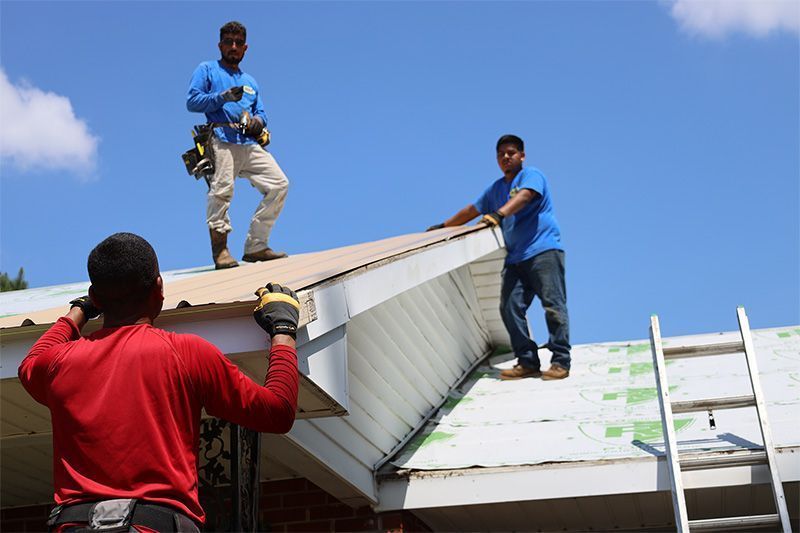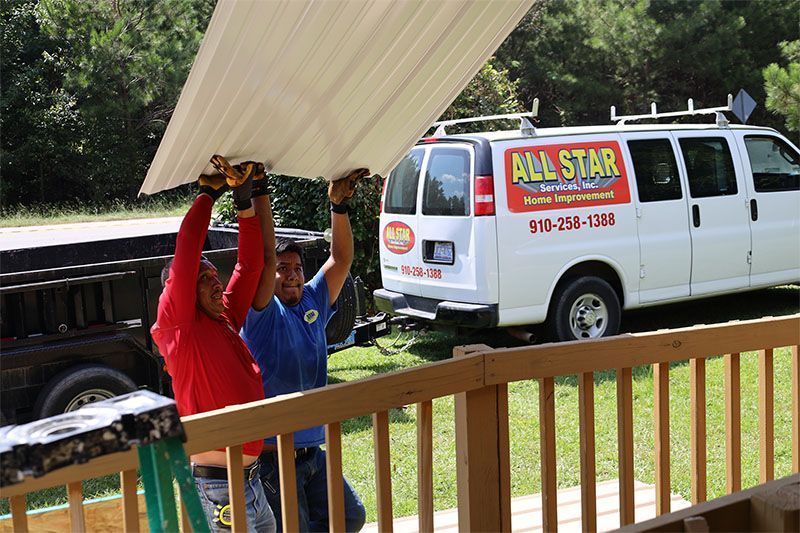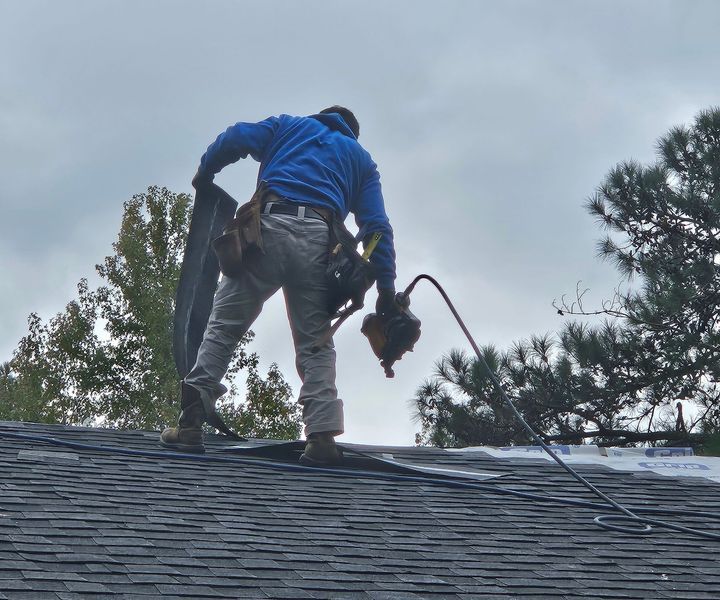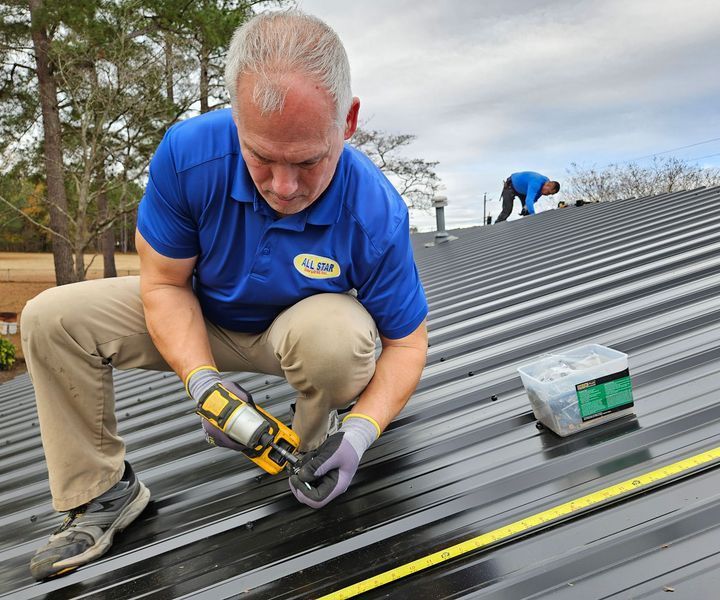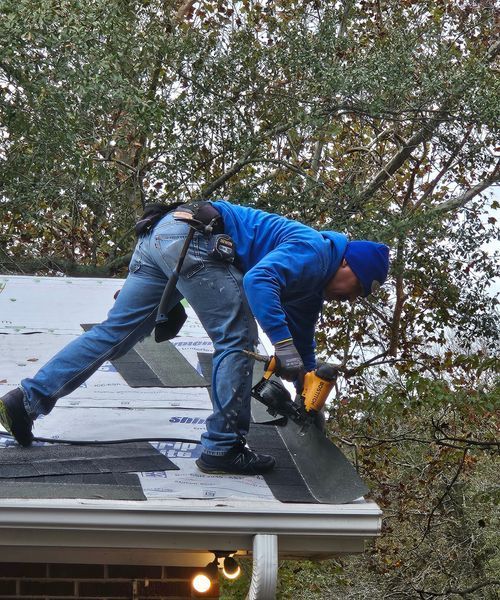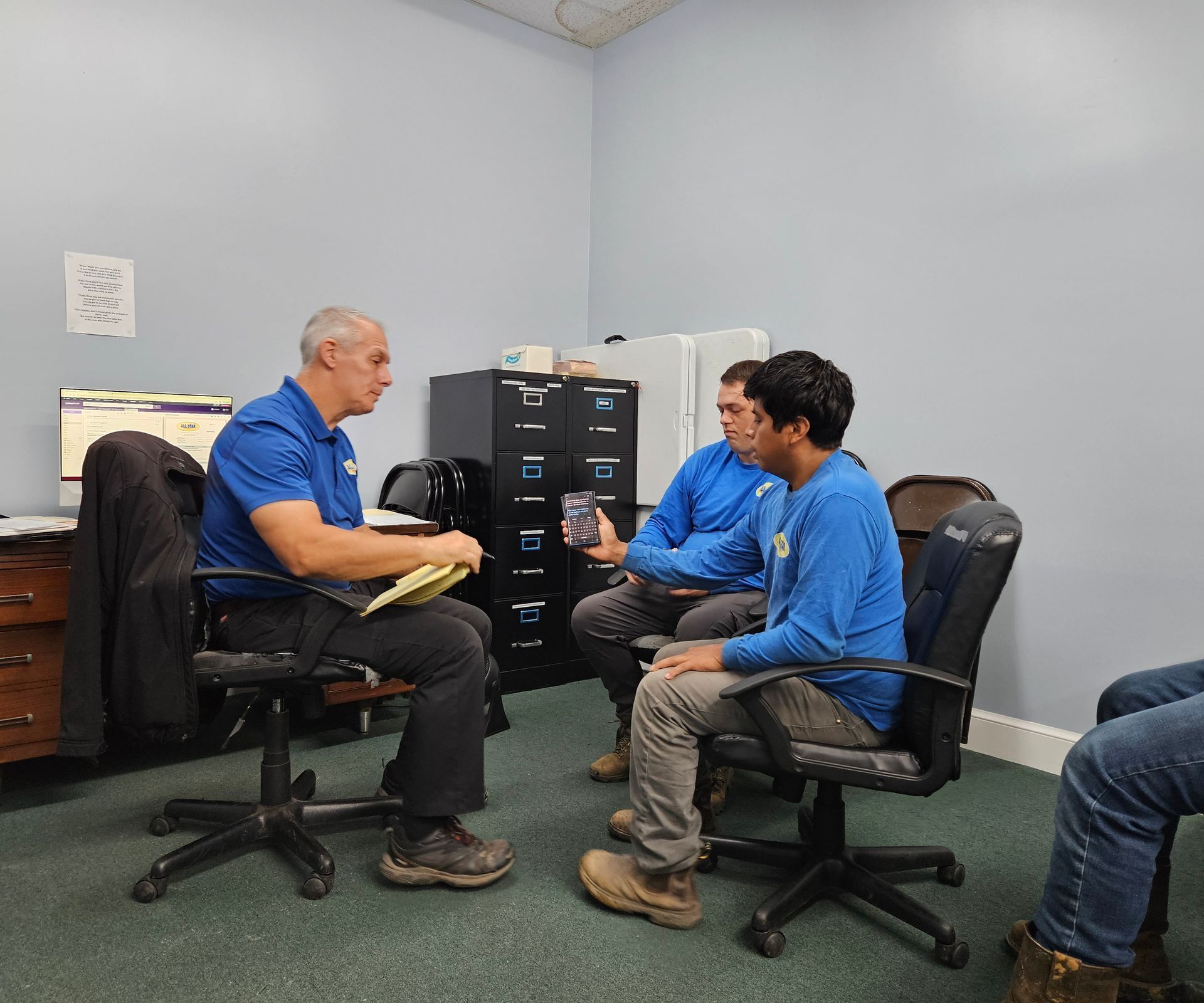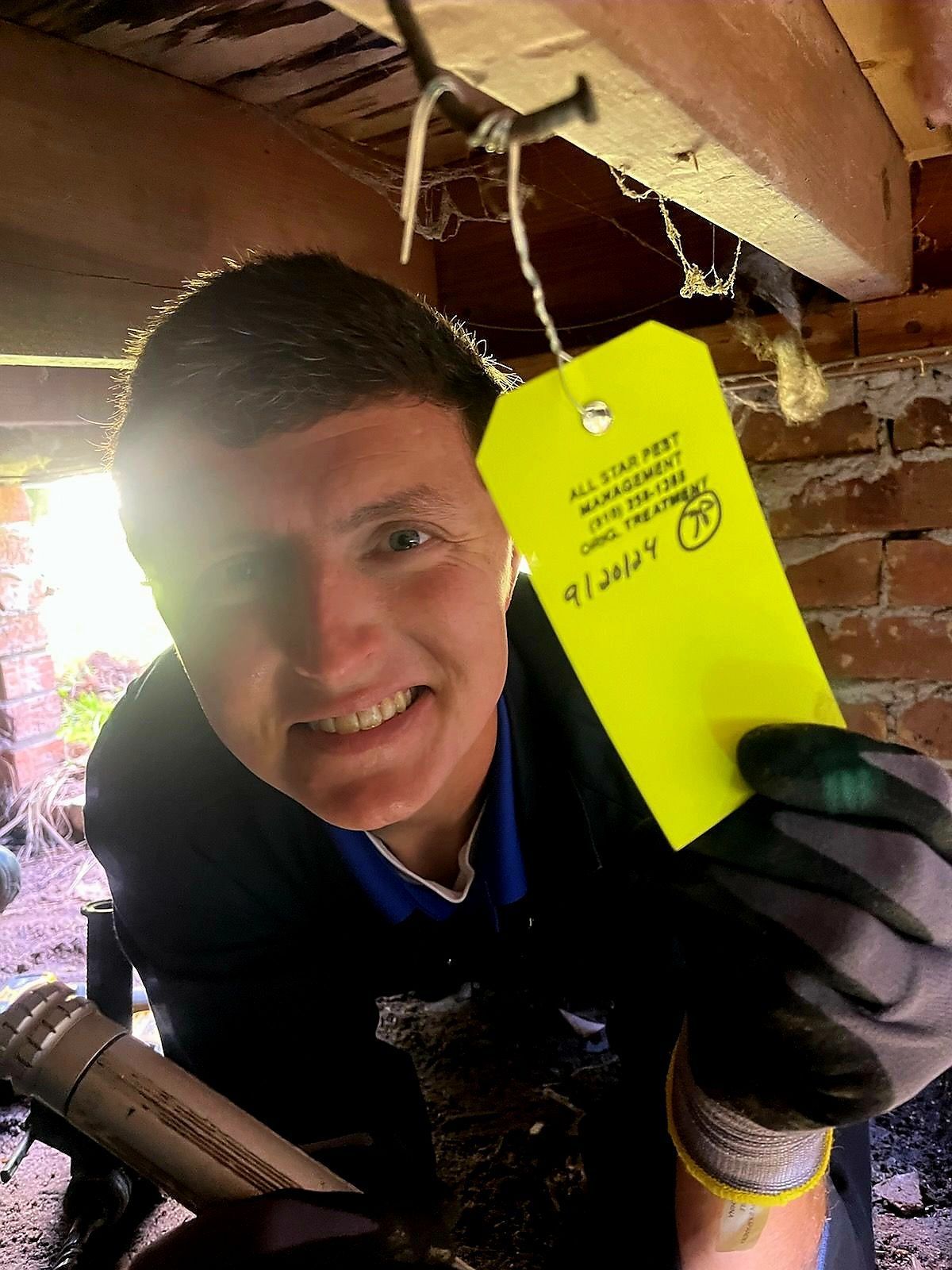Why you might want to choose a local general contractor
support local contrACTORS.
When embarking on a construction or renovation project in North Carolina, selecting the right professional for the job can make all the difference. Choosing a local licensed general contractor is a decision that offers numerous benefits, ensuring that your project is completed efficiently, safely, and to the highest standard. This essay will outline why opting for a local licensed general contractor in North Carolina is a wise choice, focusing on their expertise, accountability, community ties, and adherence to state-specific regulations.
Expertise and Professionalism
A licensed general contractor in North Carolina has undergone rigorous training, acquired significant industry experience, and passed state licensing examinations. These credentials ensure they have the technical knowledge and skills necessary to oversee and execute complex projects. Additionally, a licensed contractor is familiar with the latest building techniques and materials, enabling them to deliver high-quality results. Working with a professional ensures that your project benefits from a well-informed and experienced approach, reducing the likelihood of costly mistakes.
Accountability and Protection
Hiring a licensed contractor in North Carolina provides an added layer of accountability. Licensed contractors are bound by state laws, which means they are required to adhere to established codes and standards. Moreover, most licensed contractors carry liability insurance and workers' compensation, which protects you from financial responsibility in case of accidents or property damage during the project. This peace of mind is invaluable when undertaking significant investments in construction or renovation.
Knowledge of Local and State Regulations
Local licensed contractors in North Carolina are intimately familiar with the specific building codes, zoning laws, and environmental regulations that apply within the state. They know the permits required for different types of projects and have established relationships with local permitting offices. This ensures that your project is compliant with all legal requirements, avoiding potential fines, delays, or complications in the future. Their state-specific expertise can streamline the approval process, keeping your project on schedule.
Strong Community Ties
Choosing a local contractor in North Carolina supports the local economy and fosters community growth. Local contractors often source materials and labor locally, creating a positive economic impact in your area. Additionally, their reputation is tied to their community, giving them a vested interest in delivering quality work and maintaining a positive relationship with their clients. A contractor who lives and works locally is more likely to provide personalized service and be readily available for follow-ups or warranty issues.
Ease of Communication and Accessibility
Communication is crucial in any construction project, and working with a local contractor in North Carolina makes it easier to stay connected. Face-to-face meetings, site visits, and quick responses to questions or concerns are more feasible when the contractor is located nearby. Their proximity also ensures they can promptly address any unforeseen issues that arise during the project, minimizing disruptions.
Conclusion
Selecting a local licensed general contractor in North Carolina is a decision that combines professionalism, accountability, and community engagement. Their expertise ensures a high standard of workmanship, while their familiarity with state-specific regulations and commitment to their community enhance the overall experience. By choosing a local licensed contractor, you are not only investing in the success of your project but also contributing to the well-being of North Carolina's economy and community. For these reasons, hiring a local licensed general contractor in North Carolina is a prudent and rewarding choice for any construction or renovation endeavor.
